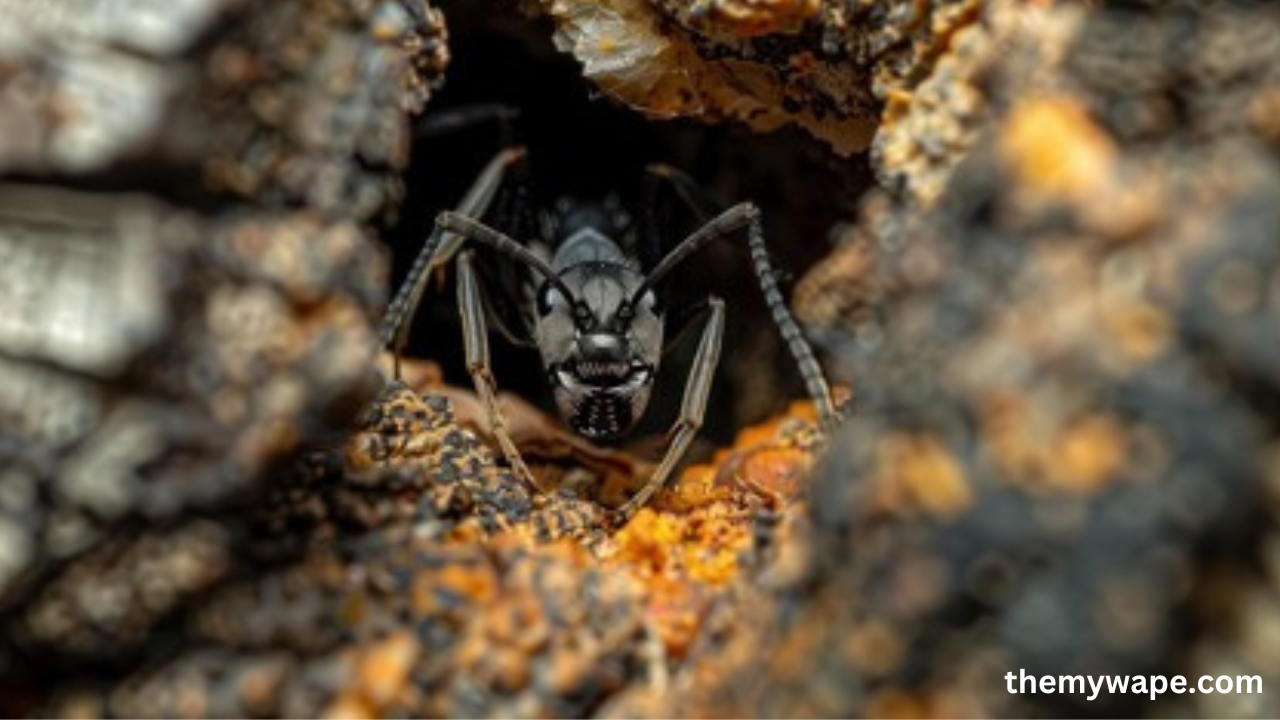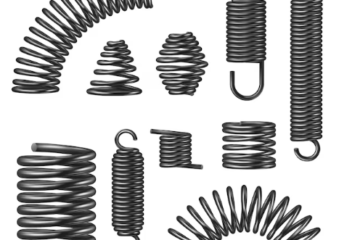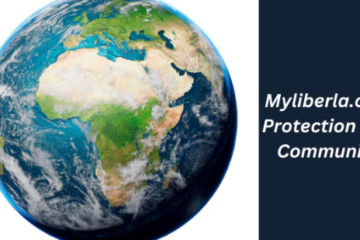Introduction
More than just bothersome pests, mosquitoes are vectors of diseases that can pose significant health risks.” While many people are familiar with the buzzing and biting of adult mosquitoes, fewer understand the importance of addressing the root of the problem—mosquito nests. In this article, we’ll dive deep into what mosquito nests are, how to identify and prevent them, and the best methods for control. By the end of this guide, you’ll have all the information you need to protect your home and family from these pesky insects.
Table of Contents
What is a Mosquito Nest?
Definition and Characteristics
Contrary to popular belief, mosquitoes don’t build nests like birds or bees. When people refer to mosquito nest they are usually talking about areas where mosquitoes breed and lay their eggs. These spots are typically in or near standing water, where mosquito larvae can thrive before maturing into adult mosquitoes.
Common Myths About Mosquito Nests
One of the biggest misconceptions is that mosquitoes build complex structures similar to those of other insects. In reality, mosquito “nests” are simply water sources where eggs are laid. Understanding this can help in effectively targeting and eliminating these breeding grounds.
Where Do Mosquitoes Build Nests?
Natural Habitats
Mosquitoes are highly adaptable and can breed in a variety of natural settings. These include marshes, swamps, ponds, and even puddles. “Any source of still water has the potential to become a breeding ground.”
Man-Made Environments
Human environments offer numerous opportunities for mosquitoes to breed. Common places include birdbaths, gutters, flower pots, and old tires. Urban areas with poor drainage systems are particularly susceptible to mosquito infestations.
The life cycle of a mosquito
Understanding the life cycle of a mosquito is crucial in combating their population. The cycle consists of four stages: egg, larva, pupa, and adult.
Egg Stage
Mosquito eggs are typically laid on the surface of stagnant water. A female mosquito can lay between 100 and 300 eggs at once, depending on the species.
Larvae and Pupae Stages
After they hatch, the larvae, often referred to as “wigglers,” consume organic material found in the water. They eventually enter the pupae stage, where they develop into adult mosquitoes.
Adult Mosquitoes
Once they emerge from the pupae, adult mosquitoes take flight and begin the search for blood, which is necessary for the females to produce more eggs. This is the stage where mosquitoes become the most noticeable and problematic for humans.
How to Identify a Mosquito Nest
Physical Signs of a Nest
Identifying a mosquito breeding ground isn’t always straightforward. Look for areas with stagnant water, especially if it has been undisturbed for several days. You may notice larvae swimming in the water, which is a clear sign of mosquito activity.
Common Locations to Check
Regularly inspect areas such as gutters, birdbaths, pet water dishes, and any other places where water might collect. Even a tiny amount of water, like what could collect in a bottle cap, is enough for mosquitoes to breed.
Why are mosquito nests dangerous?
Something as small as a bottle cap can hold enough water for mosquitoes to breed.
Health Risks Associated with Mosquitoes
Mosquitoes are vectors for a number of serious diseases, including malaria, dengue fever, Zika virus, and West Nile virus. Eliminating breeding grounds can significantly reduce the risk of these diseases spreading.
Diseases transmitted by mosquitoes
Each year, mosquitoes are responsible for millions of cases of illness around the world. Understanding the diseases they can carry underscores the importance of controlling mosquito populations.
Preventing Mosquito Nest Formation
Removing Standing Water
“The best way to stop mosquitoes from nesting is to remove any standing water around your yard. This includes regularly emptying items that collect water and ensuring proper drainage in your yard.
Yard Maintenance Tips
Regularly mow your grass and clear away any clutter or debris that could provide hiding places for mosquitoes. Regularly clean gutters and check for areas where water might accumulate after rain.
The Role of Mosquito-Repellent Plants
Plants like citronella, lavender, and marigolds are commonly known for their ability to repel mosquitoes. Incorporating these into your garden can provide an additional layer of protection against these pests.
DIY Methods to Destroy Mosquito Nests
Using Household Items
Common household items, such as bleach and dish soap, can be effective in killing mosquito larvae. Simply adding a small amount to standing water can disrupt the life cycle of mosquitoes.
Natural Remedies
For those looking for eco-friendly options, there are several natural remedies available. Essential oils, such as eucalyptus and tea tree oil, can be added to water to deter mosquitoes from laying eggs.
Chemical Solutions
In more severe cases, chemical solutions might be necessary. Products containing larvicides can be applied to standing water to kill mosquito larvae before they mature.
Professional Pest Control Options
When to Call a Professional
If your mosquito problem is persistent despite your best efforts, it may be time to call in a professional pest control service. They have the tools and expertise to handle large infestations effectively.
What to Expect from a Professional Service
A professional service will typically begin with an inspection to identify breeding grounds. They may use a combination of chemical treatments and environmental management to reduce the mosquito population in your area.
The Role of Community in Mosquito Control
Neighborhood Efforts
Community-wide efforts can be incredibly effective in controlling mosquito populations. Organize clean-up events to remove potential breeding sites and educate your neighbors on prevention strategies.
Public Health Initiatives
Local governments often have mosquito control programs that include spraying for adult mosquitoes and treating areas of standing water with larvicides. Participating in these programs can help protect your entire community.
Innovative Technologies in Mosquito Control
Mosquito-Repellent Technologies
New technologies are emerging to help combat mosquitoes. These include wearable devices that emit ultrasonic frequencies to repel mosquitoes and smart traps that use attractants to lure and kill them.
Genetic Control Methods
Scientists are exploring genetic methods to control mosquito populations, such as releasing genetically modified mosquitoes that produce non-viable offspring. These innovative approaches hold promise for reducing mosquito-borne diseases on a larger scale.
Mosquito Traps: Are They Effective?
Types of Mosquito Traps
There are various types of mosquito traps available, from CO2 traps that mimic human breath to light traps that attract mosquitoes. “Different types offer unique benefits depending on the specific circumstances.”
Effectiveness of Traps in Reducing Mosquito Populations
While traps can reduce the number of mosquitoes in an area, they are usually most effective when used in conjunction with other control methods. Relying solely on traps is unlikely to eliminate the problem.
How to Protect Yourself from Mosquitoes
Personal Protection Tips
Wearing long sleeves, using insect repellent, and avoiding outdoor activities during peak mosquito hours (dawn and dusk) are all effective ways to protect yourself from bites.
Best Mosquito-Repellent Products
Products containing DEET, picaridin, or oil of lemon eucalyptus are among the most effective at repelling mosquitoes. Choose a product that suits your needs and apply it according to the instructions.
The Environmental Impact of Mosquito Control
Balancing Control with Ecological Preservation
While controlling mosquitoes is important, it’s also essential to consider the impact on the environment. Use methods that target mosquitoes specifically, and avoid broad-spectrum insecticides that can harm other wildlife.
Sustainable Mosquito Control Practices
Opt for sustainable practices such as introducing natural predators (like dragonflies and frogs) into your yard and using biological larvicides that specifically target mosquito larvae without harming other species.
Conclusion
Mosquito nests are more than just a minor inconvenience—they pose significant health risks to humans and animals alike. By understanding where mosquitoes breed and implementing effective control strategies, you can protect your home and community from these dangerous pests. Whether you choose DIY methods, professional services, or innovative technologies, the key is to stay vigilant and proactive.
FAQs
What Attracts Mosquitoes to My Yard?
Mosquitoes are attracted to standing water as well as certain scents like sweat and floral fragrances. Keeping your yard free of stagnant water and using mosquito-repellent plants can help reduce their attraction.
Can mosquito nests be completely eliminated?
While it’s difficult to eliminate mosquitoes entirely, you can significantly reduce their numbers by removing breeding sites and using control methods consistently.
What Time of Year Are Mosquitoes Most Active?
Mosquitoes tend to be most active in warmer seasons, generally from late spring through early summer. However, this can vary depending on your location.
How Long Does It Take to Get Rid of a Mosquito Nest?
The duration required to remove a mosquito breeding site can differ.”. Immediate actions like removing standing water and using larvicides can start working within a few days, but ongoing maintenance is necessary to keep mosquitoes at bay.
Are Mosqinstructions. “Huito Repellents Safe for Pets and Children?
Most mosquito repellents are generally safe when used according to the instructions. However, always choose products specifically labeled as safe for pets and children, and follow the application instructions carefully.
You can see the latest updates on : MyWape



